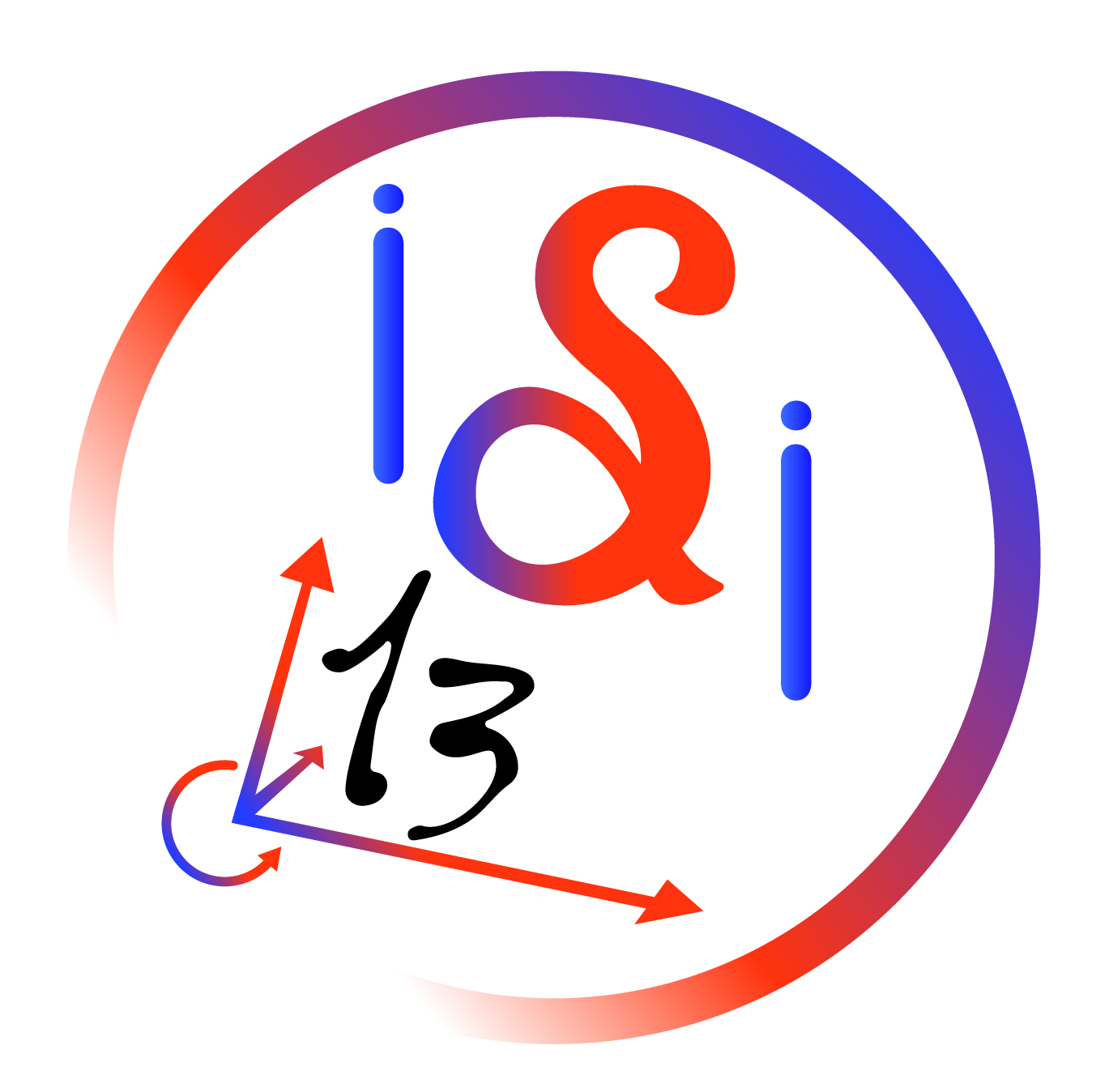Speaker
Description
We address the question whether a reversible transformation produces a causal influence from one of its input systems to one of its outputs. In quantum theory causal influence is typically identified with signalling. A second notion is borrowed from the theory of quantum cellular automata. We adopt an extension of the latter, in the context of general probabilistic theories. We show that in the quantum case the two notions coincide, while in classical theory they are different. Following the proof of equivalence in the quantum case, we identify a general condition under which the two definitions coincide, i.e. "no interaction without disturbance". We show an algebraic construction that is useful for the analysis of causal influence in reversible processes.

